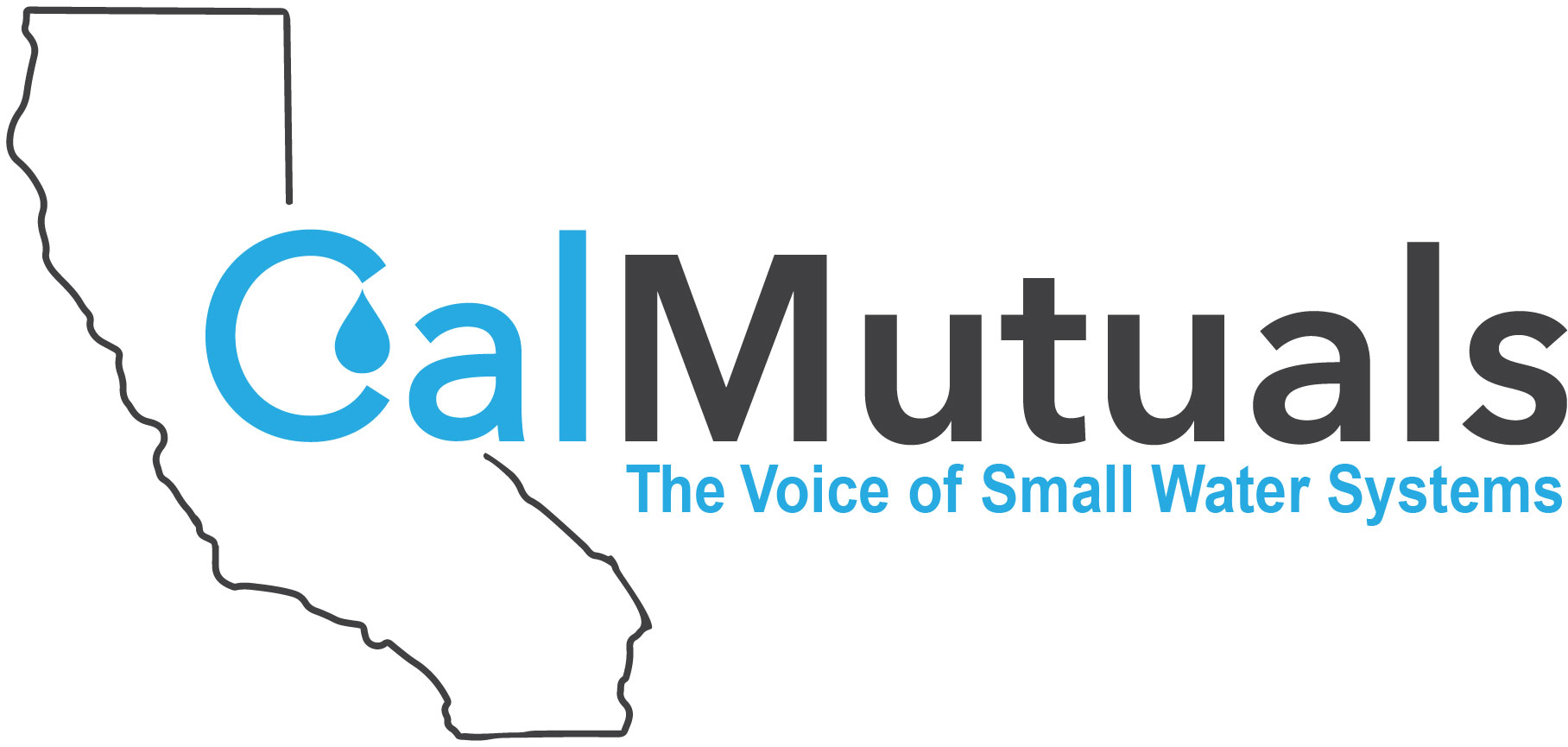Affordability and Economic Feasibility
Chromium 6 Economic Feasibility
Complying with drinking water standards, such as California’s anticipated proposed MCL for CrVI, provides important public health protection. However, compliance imposes a cost. For many California households, compliance costs can be significant enough to impose economic hardship. The affordability challenge for water customers is especially evident for those served by small, rural, and tribal water systems (which typically lack economies of scale for compliance-related water treatment), and economically disadvantaged households in larger communities (where incomes cannot keep pace with the elevated cost of living). For these households, economic hardship — a lack of affordability — may take the form of households making health tradeoffs between paying for water services versus paying for medical needs, food, rent or other necessities.
This objective of this study is to explore the affordability issues associated with the upcoming California CrVI MCL, with the intent of revealing how much fiscal assistance would be needed from the state (or other entities) to keep the public health protection provided by the MCL affordable for all the state’s households, regardless of the size of the water system serving them or other factors.
CalMutuals and CWSA Publish Critical Cr(VI) Affordability Study
Click here to read the final report, titled, “Affordability and Financial Needs Assessment for California’s Proposed MCL for Hexavalent Chromium.”
CalMutuals partnered with the Community Water Systems Alliance (CWSA) to engage Janet Clements of One Water Econ and Dr. Bob Raucher–both leading national experts on water affordability–to study the impacts the anticipated maximum contaminant level (MCL) for hexavalent chromium, or Cr(VI), will have on the affordability of water in affected communities.
The study focuses on the amount of financial assistance needed to assure that water will remain affordable for low-income households, when the cost of compliance with the new MCL is reflected in water rates. It further demonstrates a notion already held by many water associations across the state: Affordability can be measured using better metrics than what the state previously used. CalMutuals and CWSA consistently call for the State to acknowledge the true impact of its regulatory actions and to realistically assess the economic feasibility of its water quality regulations.
The Project Advisory Committee, assembled to provide valuable input to the study’s authors, includes members with economic policy and water quality expertise from academia and water suppliers:
Christine Boyle, PhD – Burnt Island Ventures (previously at Xylem)
Cástulo Estrada – Coachella Valley Water District
Jay Zucca – San Andreas Water Company
Janice Beecher, PhD – Michigan State University
Yan Zhang, PhD – Long Beach Utilities
Kurt Schwabe, PhD – University of California, Riverside
